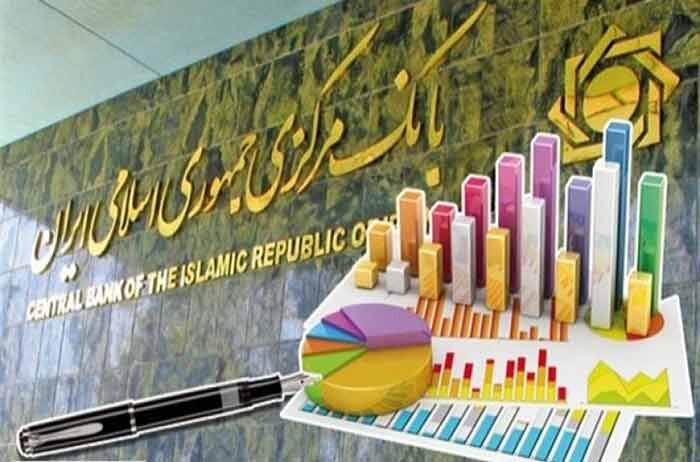Banking system reform: improving or interrupting?

Last week, Iranian Finance and Economic Affairs Minister Farhad Dejpasand announced that a plan for reforming the country’s banking system has been prepared by the ministry and handed over to President Rouhani in late September.
And on Monday, the minister announced the start of the mentioned plan in the government-owned banks.
He said, “Following the president's order and considering the fact that reforming the banking system has become a top priority for the government, we set up a working group and by analyzing the past experiences we developed a plan which is more focused on practicality.”
According to the minister, the plan covers many areas including banks' privatization, private and public sector’s deferred debts to banks, increasing banks’ capital and adequacy, corporate governance, easing banks' frozen assets, and reforming the banks' internal management.
It could be said that the banking system reform requires some changes or amendments in the banking strategy of the Central Bank of Iran (CBI), which is the major governing body of the country in the monetary sector.
And as the CBI’s major responsibility is to lay the ground for the economic development of the country through proper monetary and credit policies, the mentioned reform plan is among the important measures being taken by the government to strengthen the national economy.
Speaking in a recent meeting with the CEOs of the government-owned banks, the finance minister has stressed that the ministry is going to follow up on the provided solutions in the reform plan through relevant authorities.
While the plan seems to bring satisfactory results for different economic sectors, as Dejpasand has said that for preparing it, consultations have been conducted with the representatives of the private sector, and several academics, economists and consulting parties, so that it will meet the satisfaction of all sectors, it has also provoked some criticisms.
Some opponents of the plan say that it will create limitations for the government for implementing some projects for the money that should be injected.
But its supporters say that it could exit the idle money from the banking system to inject it into the stock market, use it for strengthening infrastructures and creating jobs, and promote industries and production, something that will have definitely noticeable effects in the life of people.
Mohammad Hassan-Nejad, a member of the economic committee of the parliament, is among the opponents of the reform plan. He says that the current banking law is a complete and comprehensive one.
“I do not believe that the banking law should be reformed; because in my idea a law as large as the banking law, with so much effect in all sectors of the society, could not be suddenly changed. It would have been better if the weaknesses had been removed and reforms had been done gradually in a way that the banking system could have adapted itself to the new changes”, according to the MP.
He also criticizes the way of announcing and also enforcing this plan, saying that there have been some ambiguities in this due.
But, Mohammadreza Pour-Ebrahimi, the previous chairman of the parliament’s economic committee and a current member of the committee, is of the opinion that resolving economic problems is currently the major concern of the parliament and government and banking system reform is a major approach to this end.
This reform will strengthen the livelihood status of the people and lead to more employment, he says.
Unfortunately, banking regulations have not been amended since [Iranian calendar year] 1362 (March 1983-1984), and most of the people, those active in the economic sectors, and also the Shi’a clerics in the country believe that there are currently some ambiguities in the banking system, so its reform and amendment is very vital and important, according to Pour-Ebrahimi.
The MP says that the parliament takes any endeavor to remove economic barriers for the country and in this due it will support the government in any field.
Leave a Comment